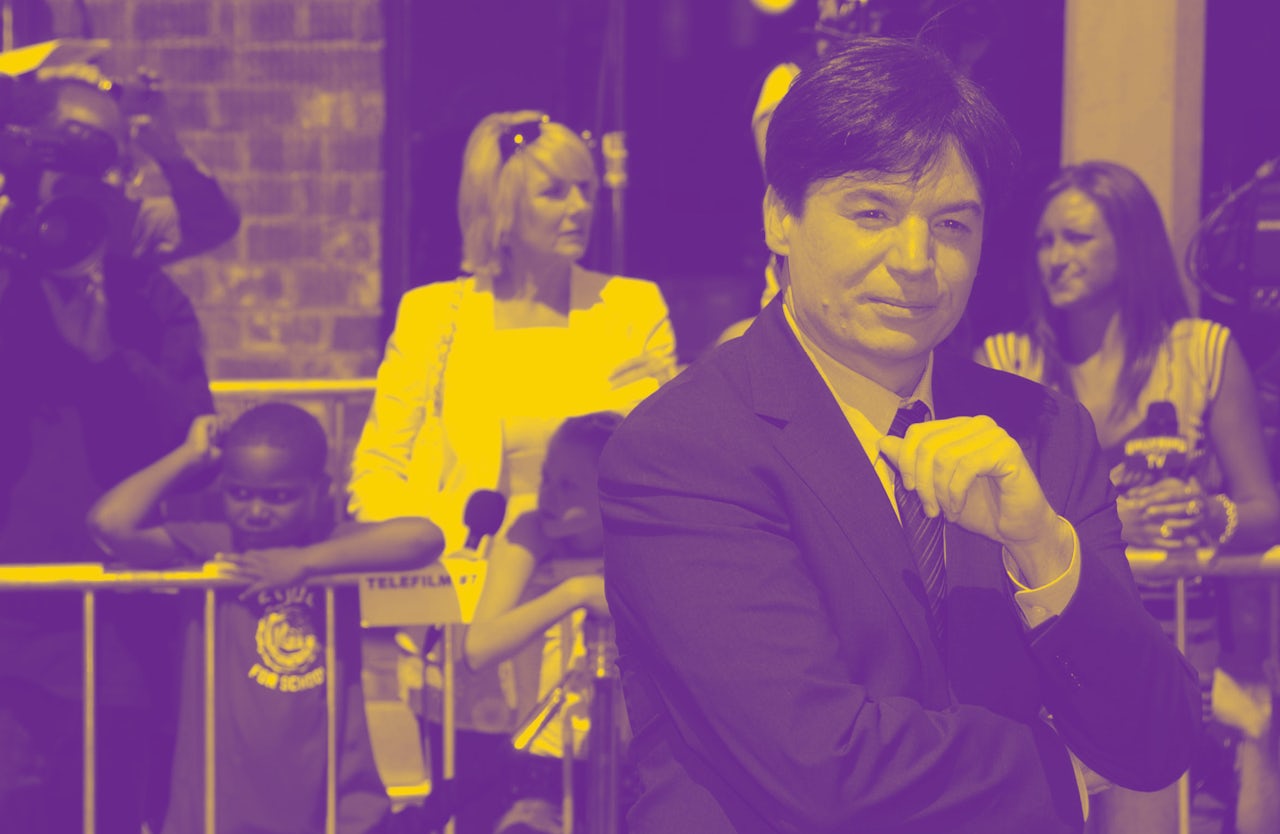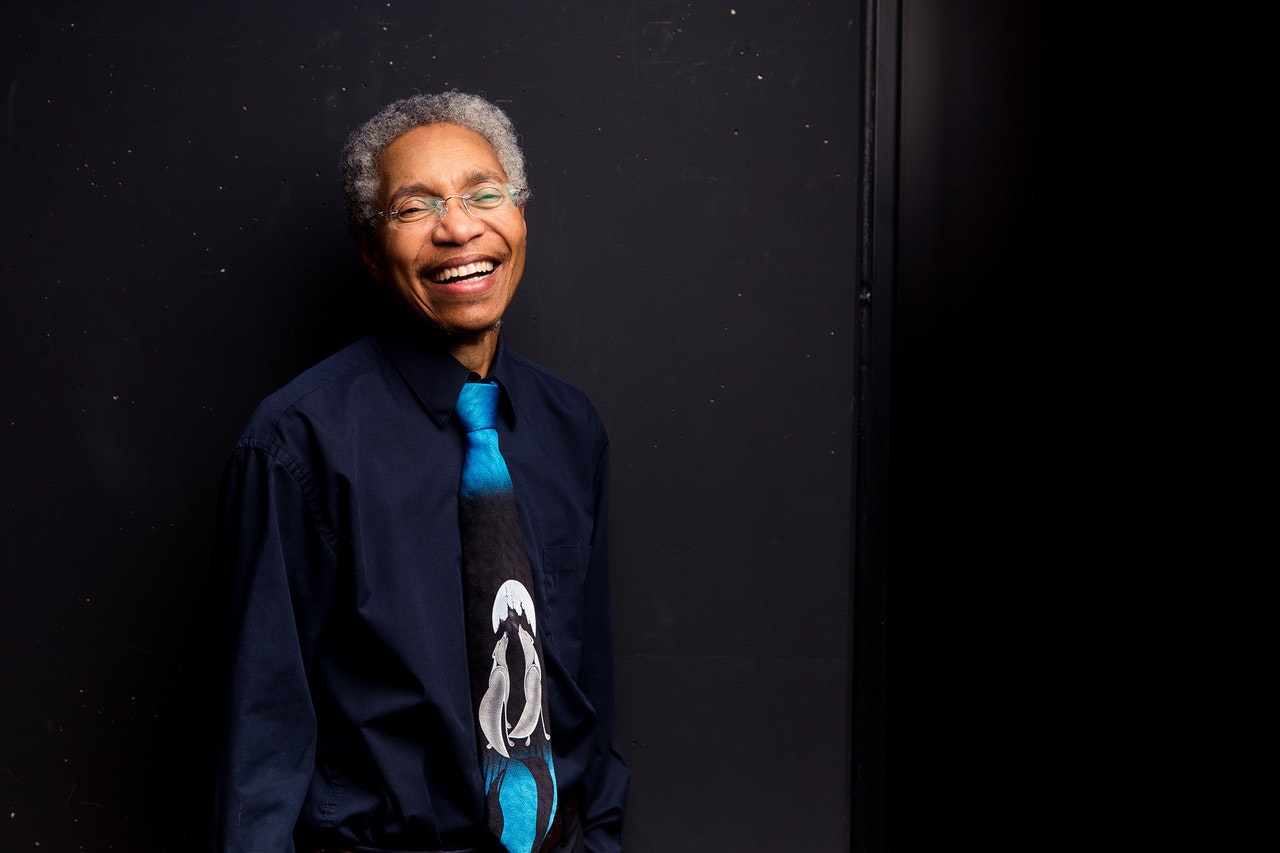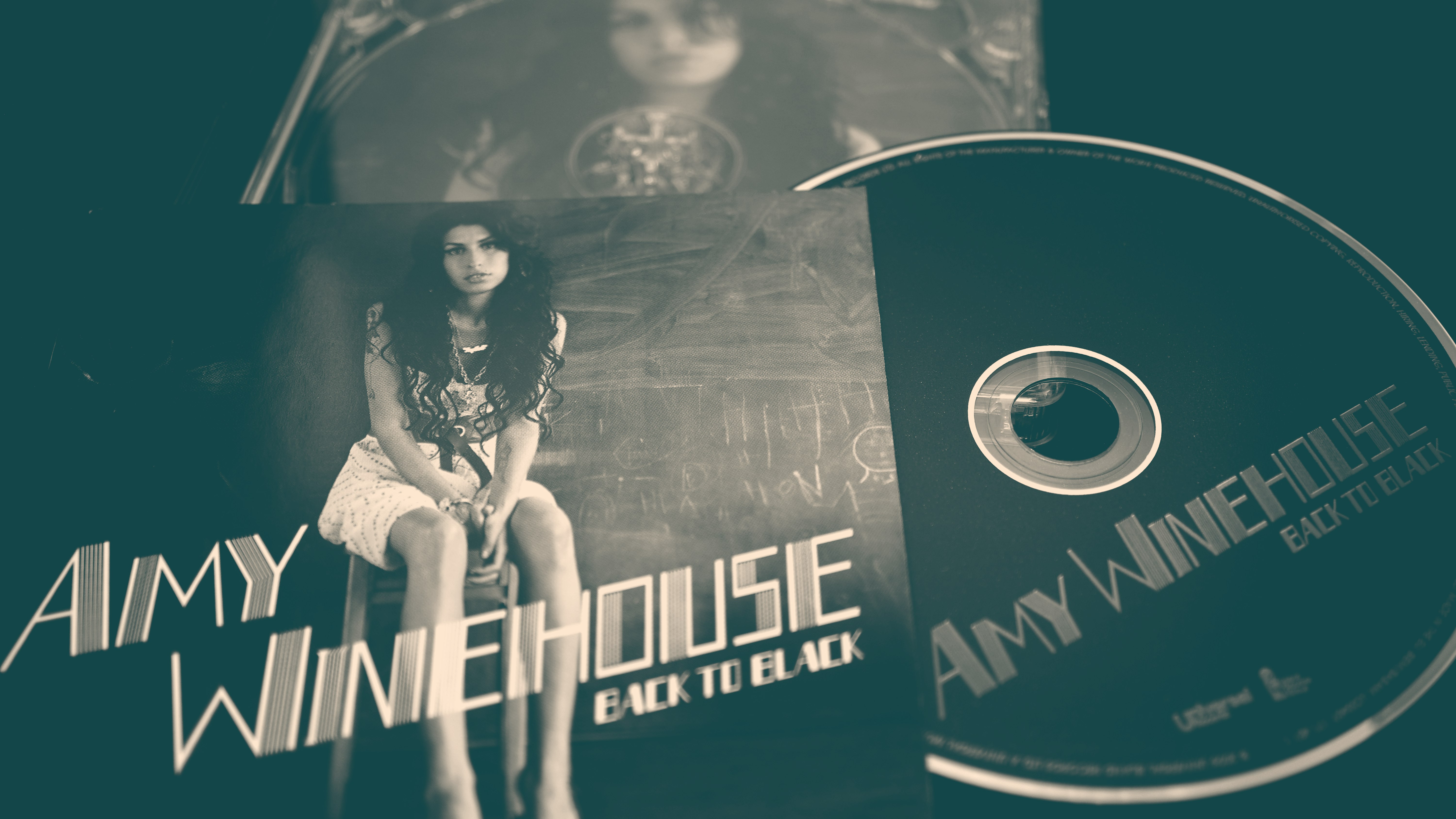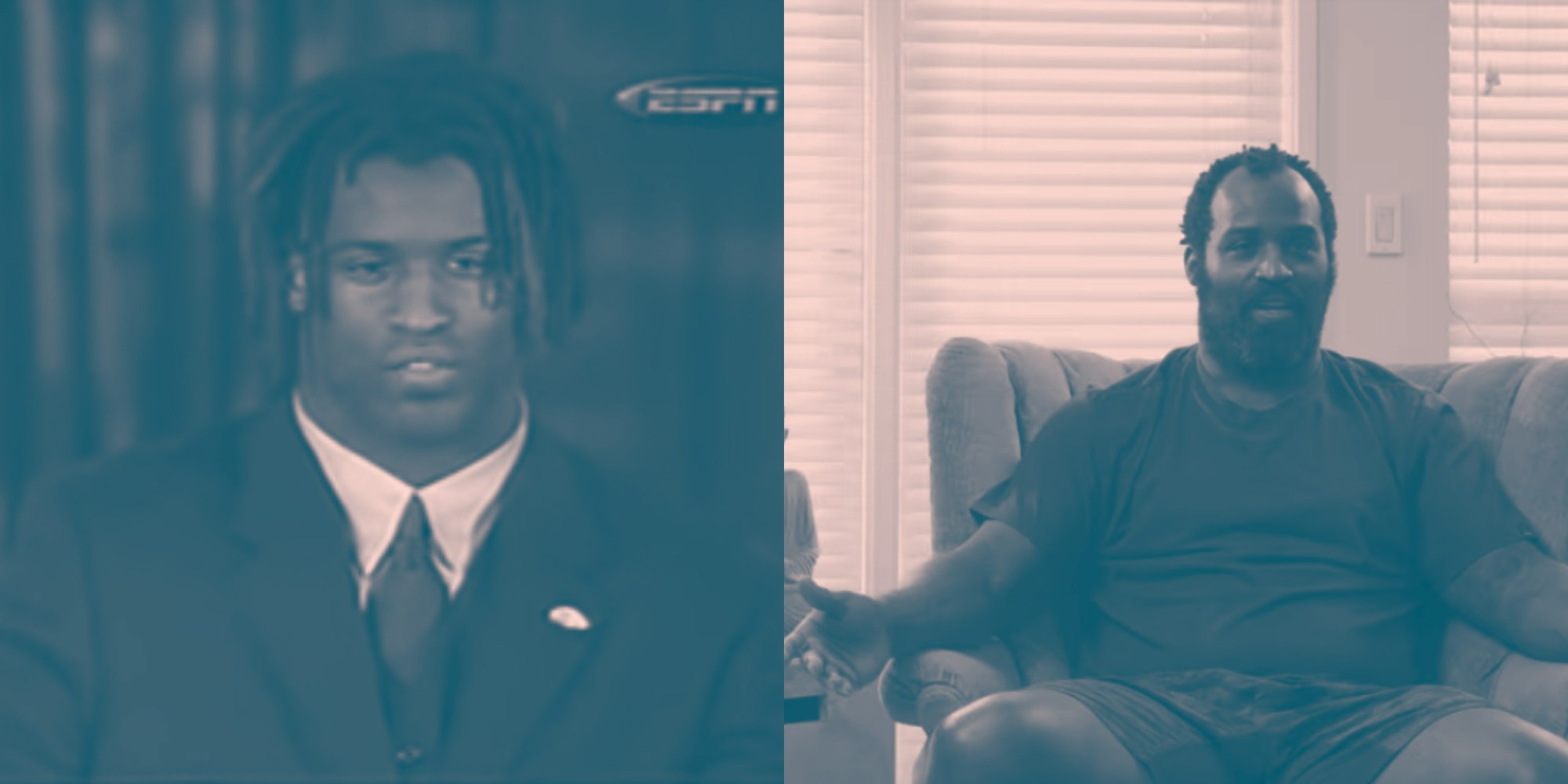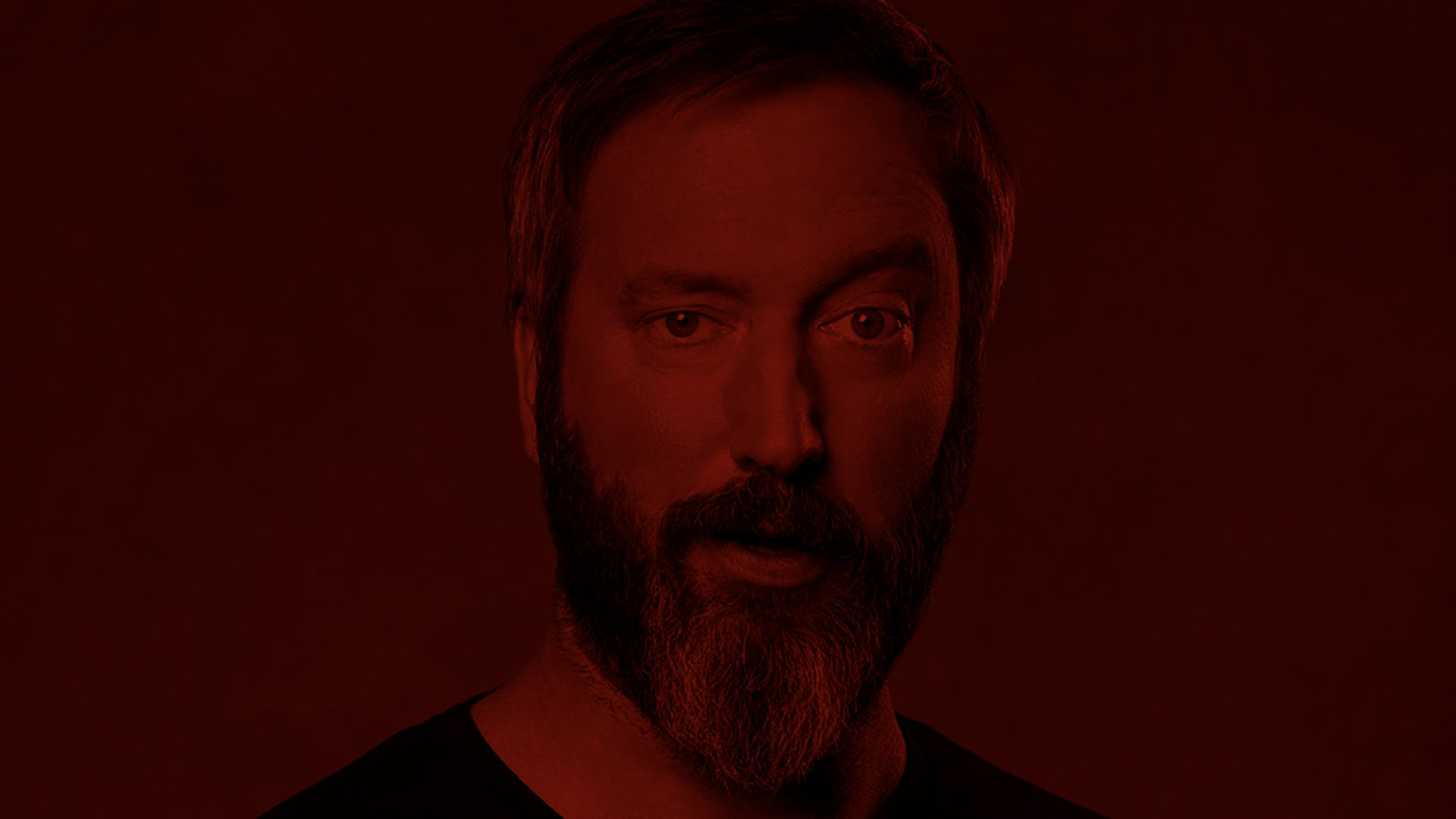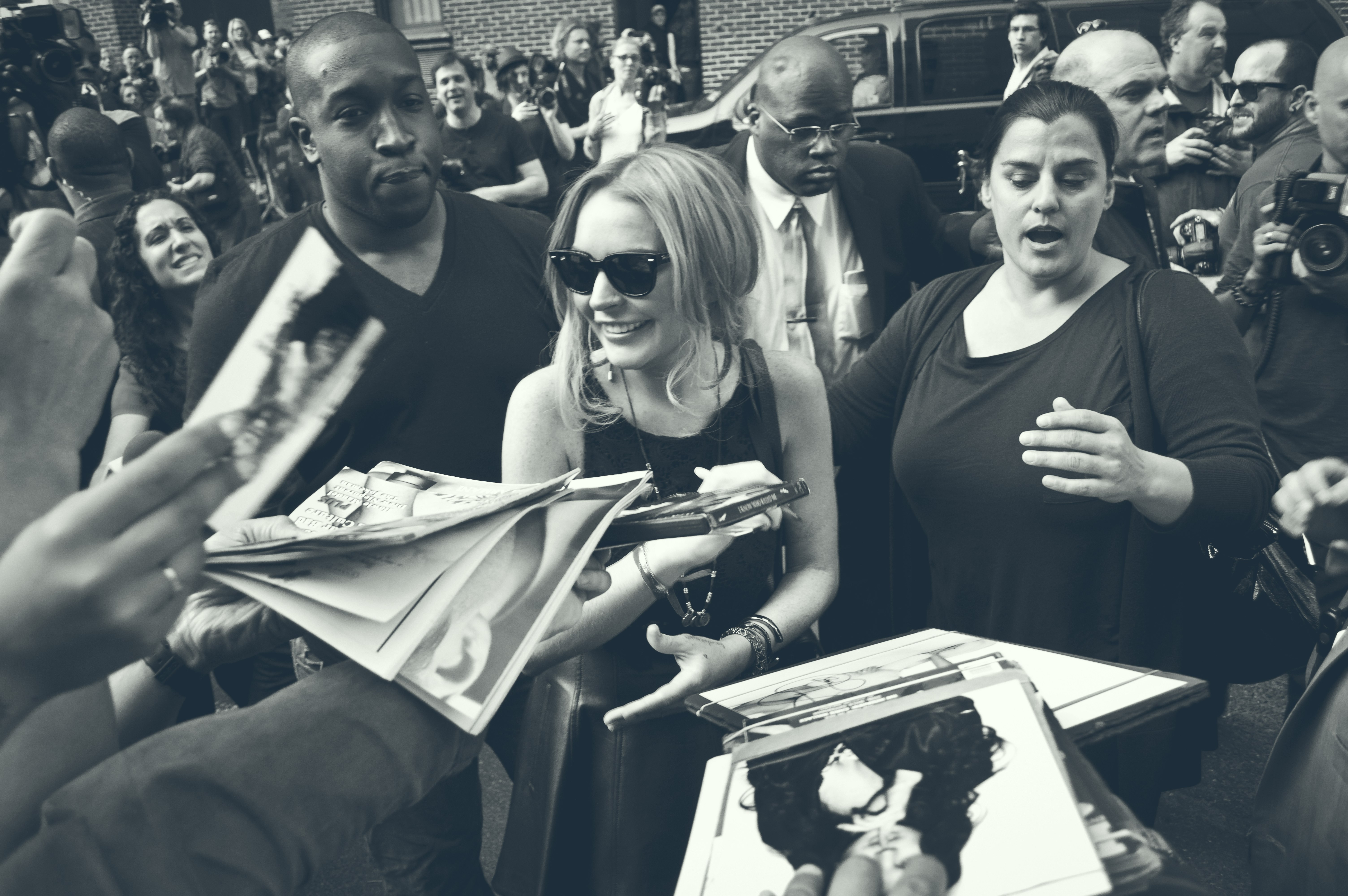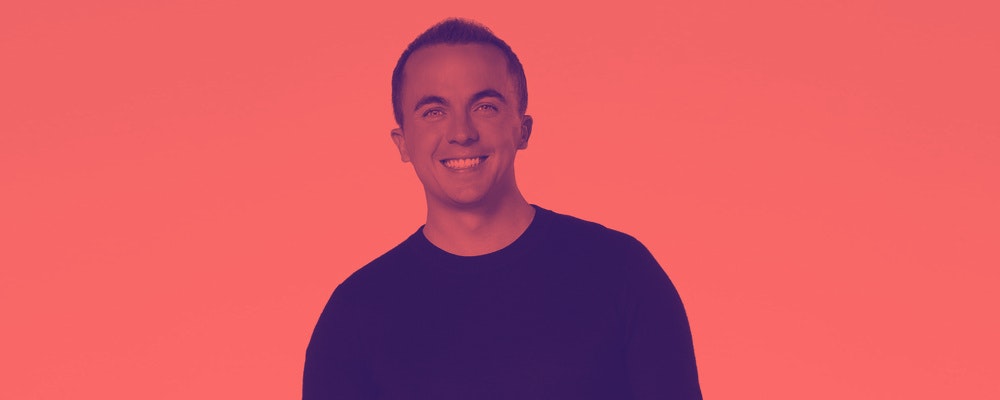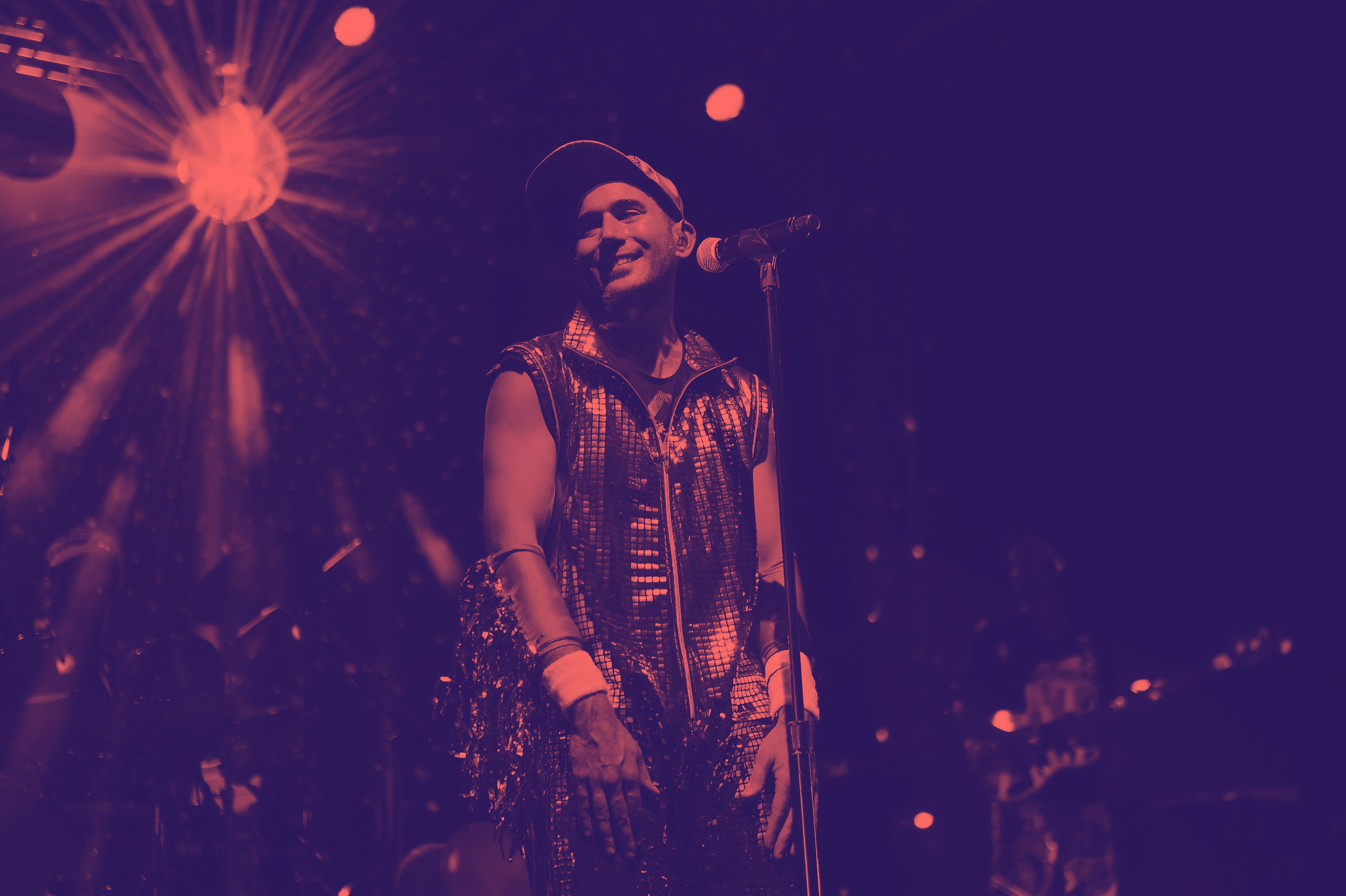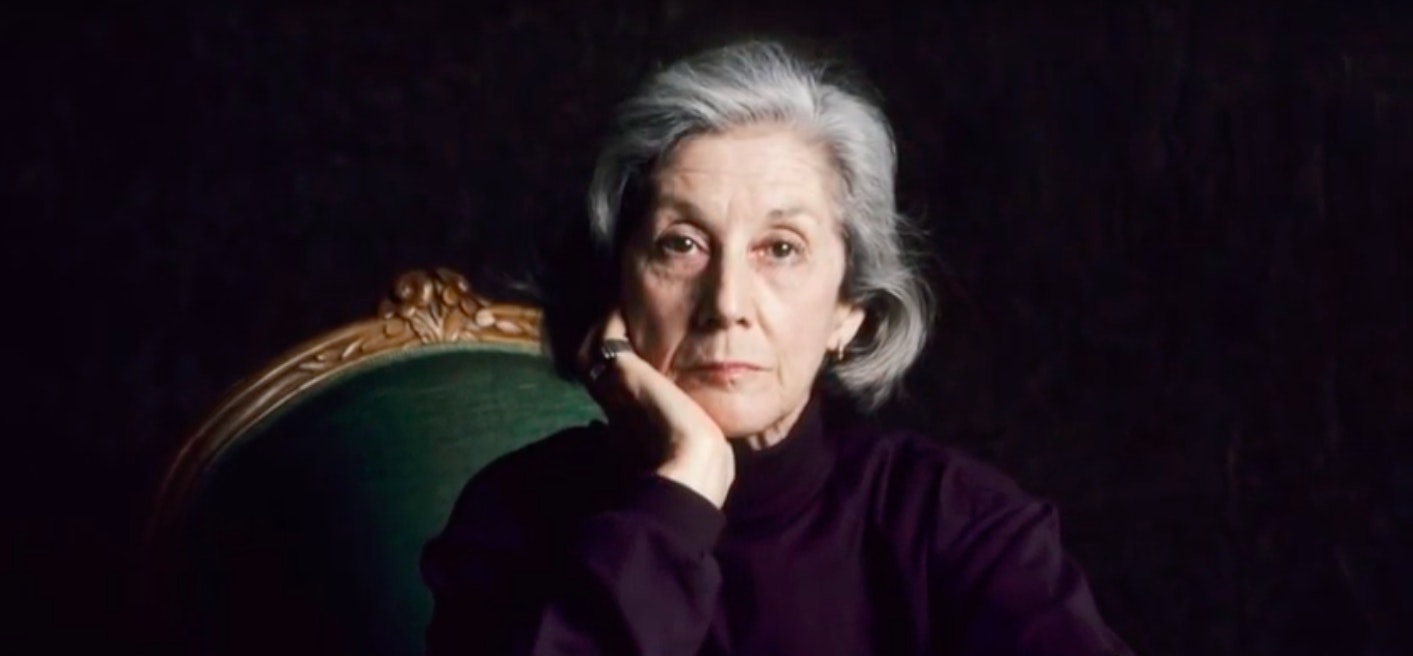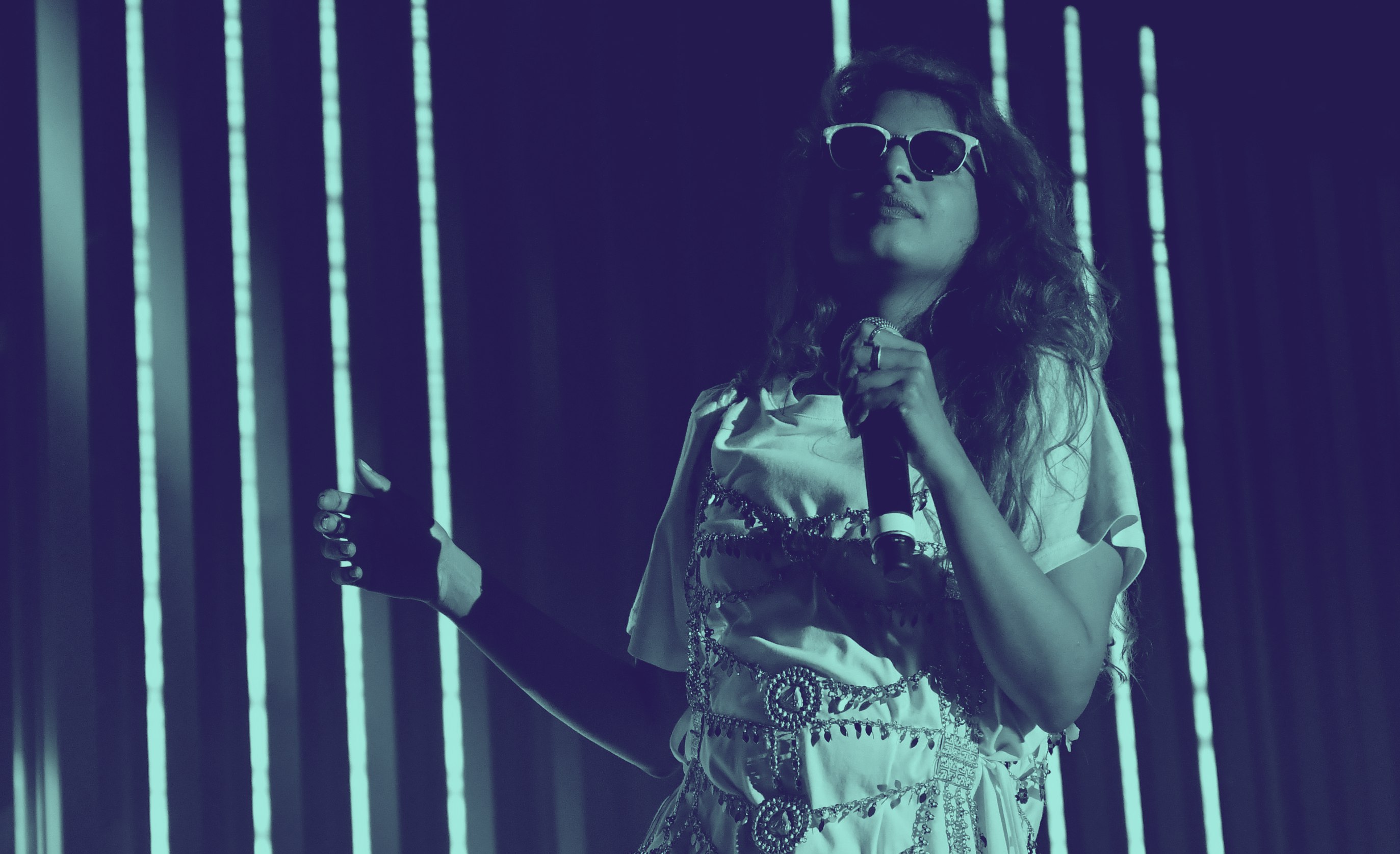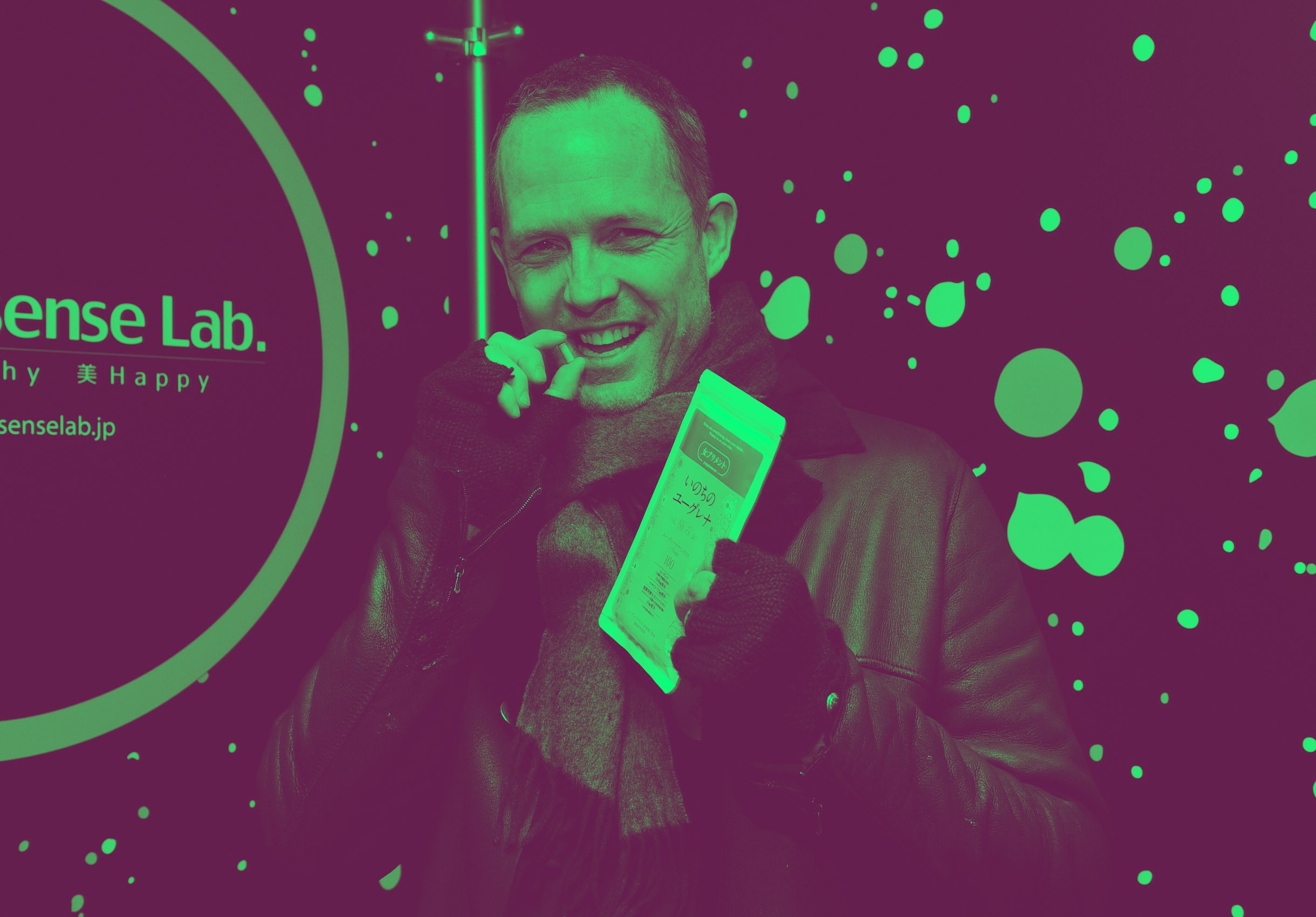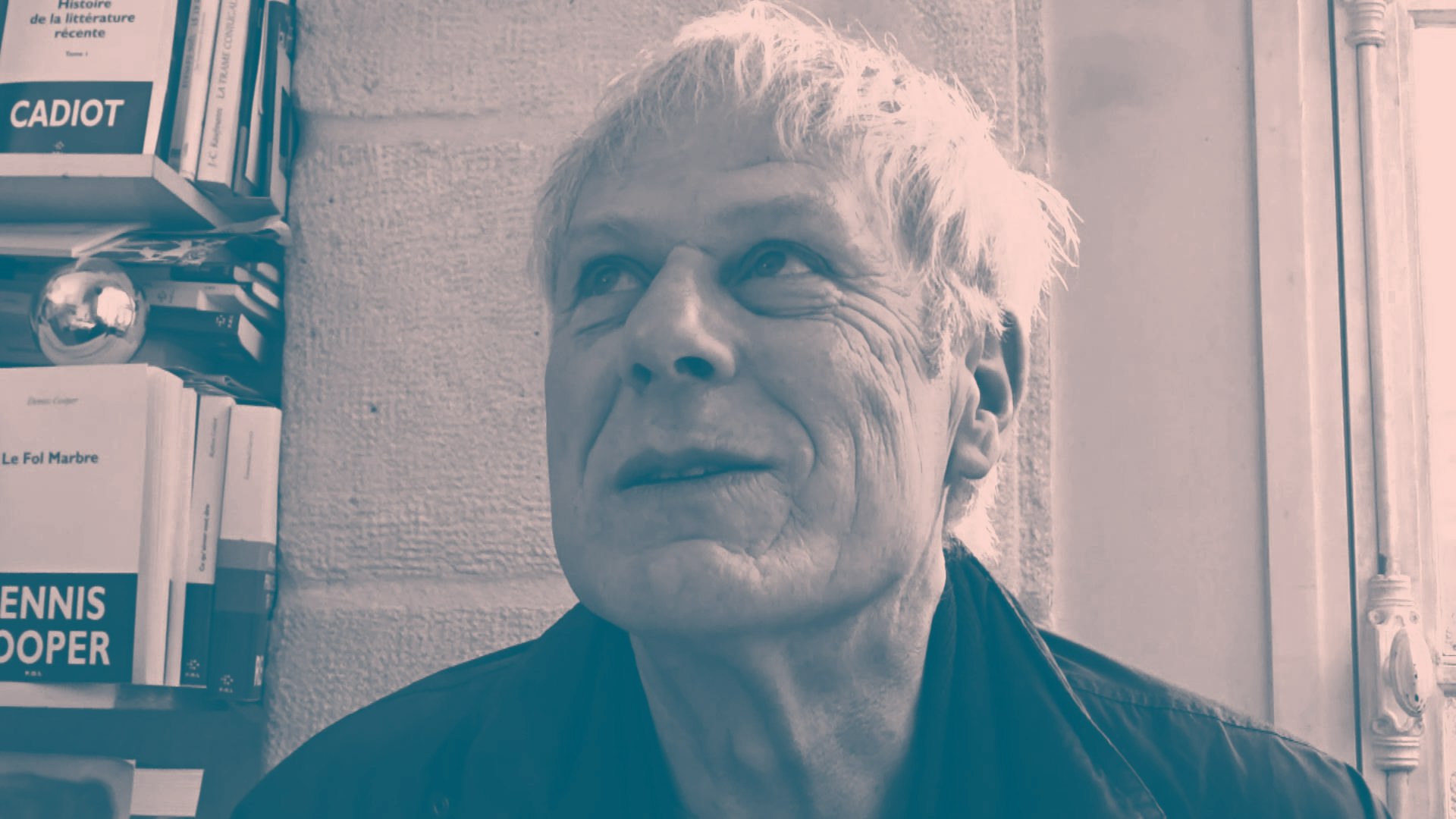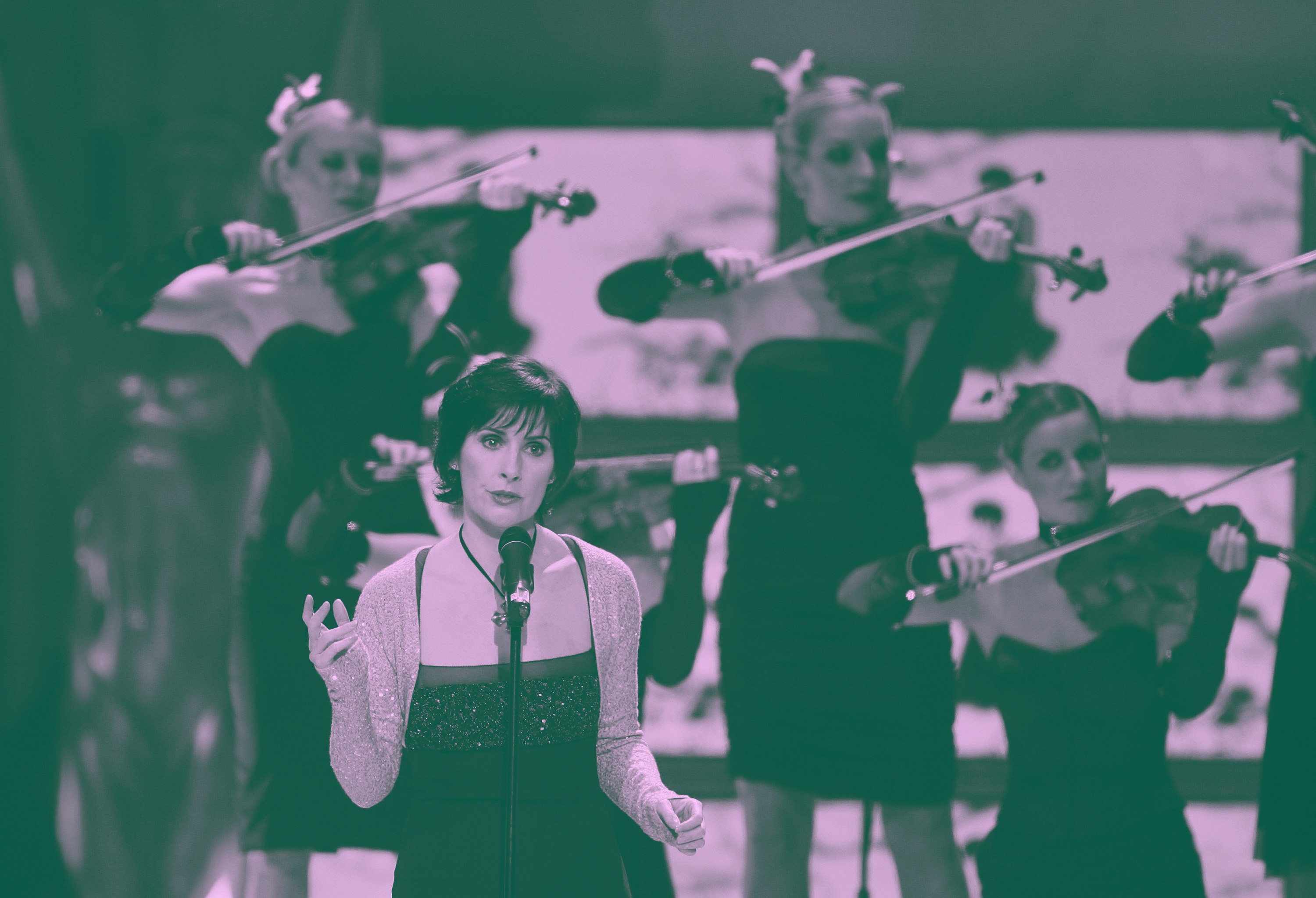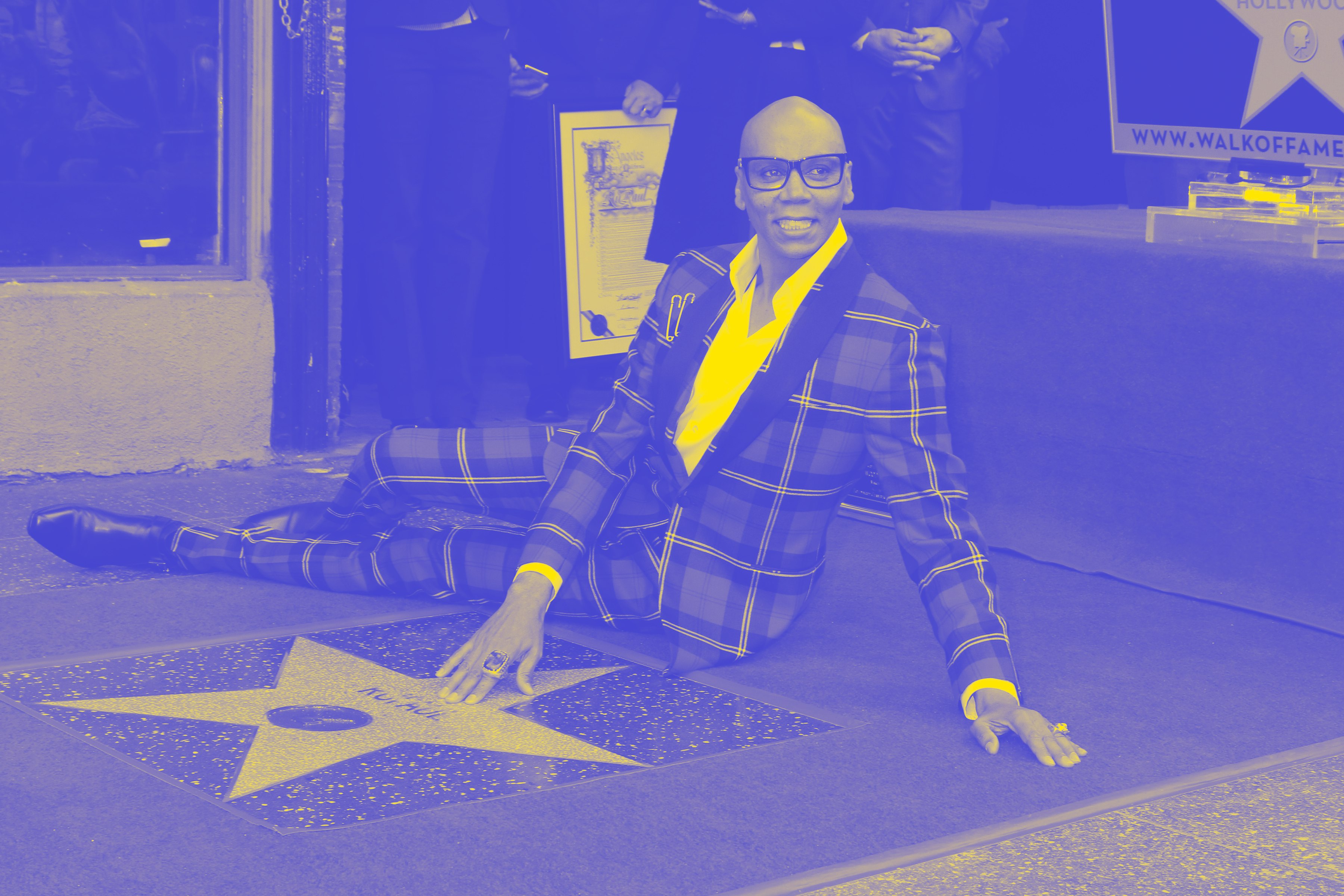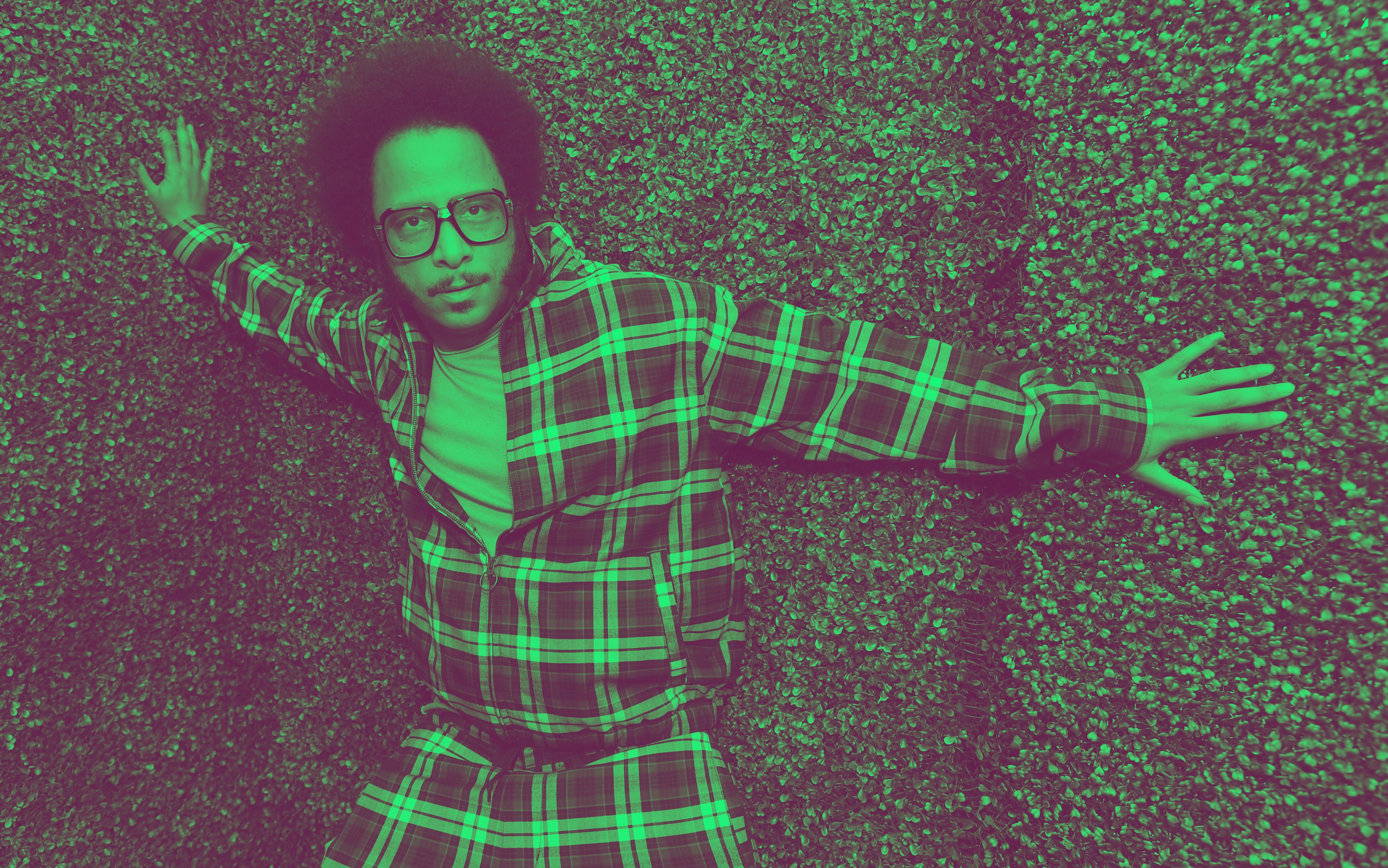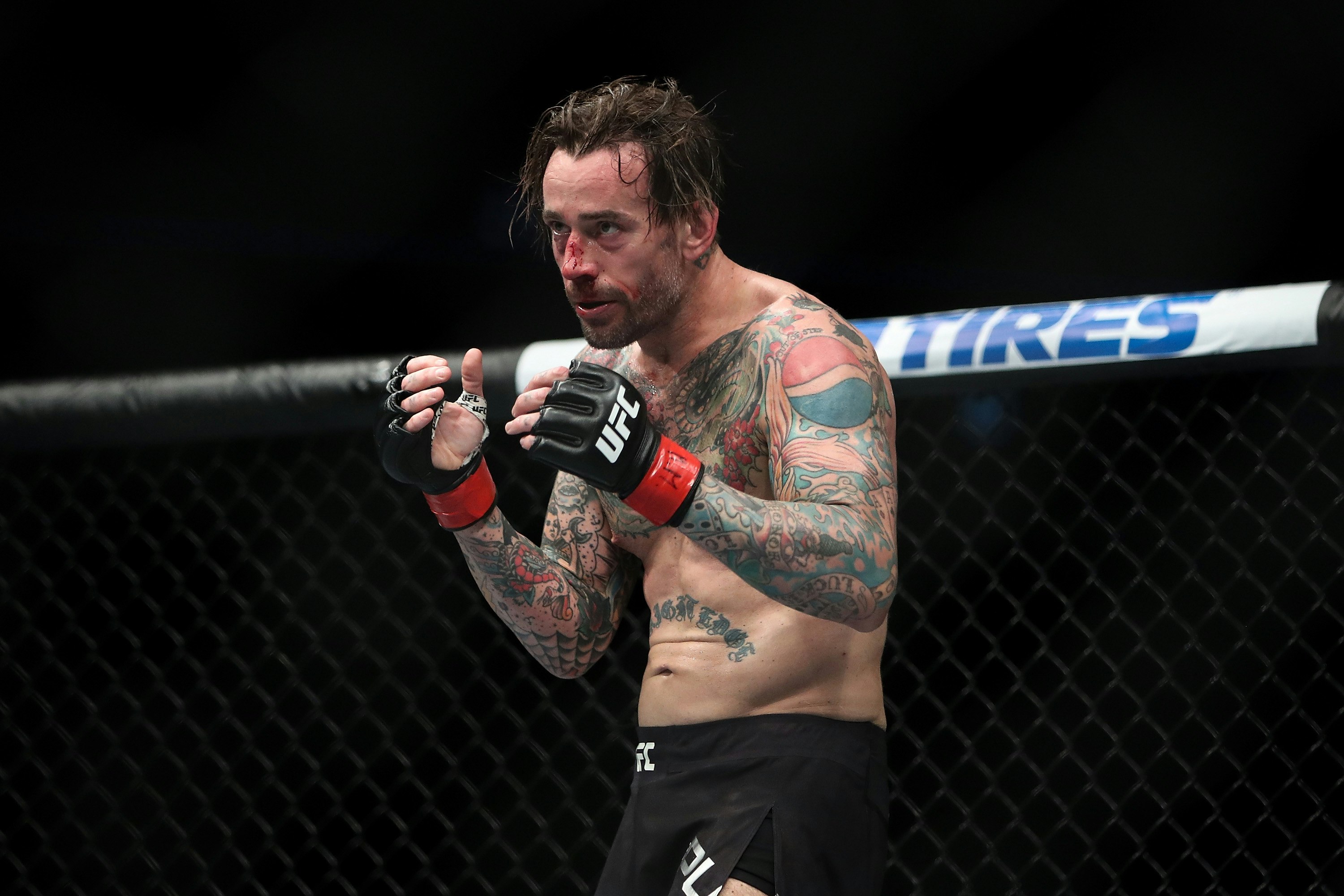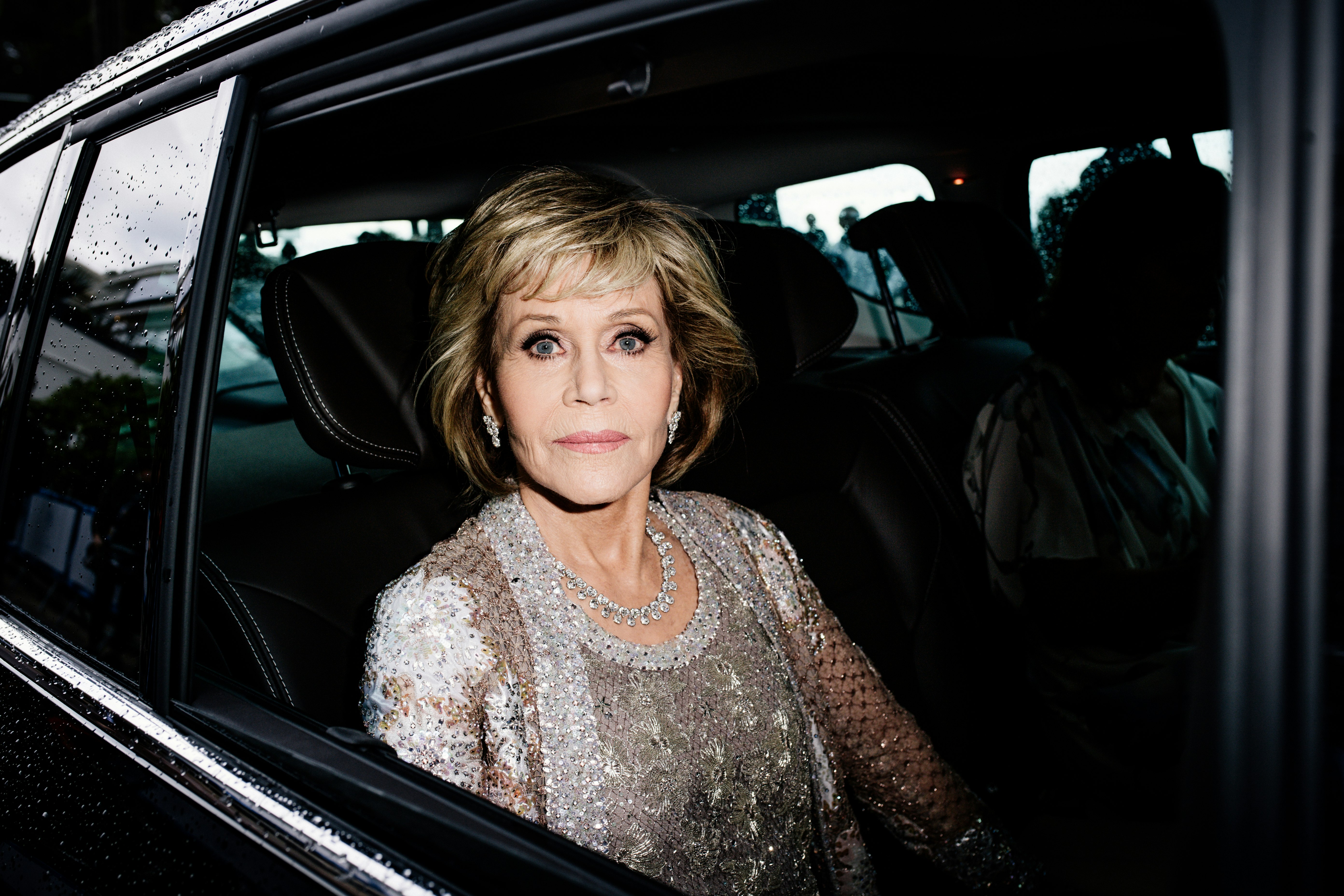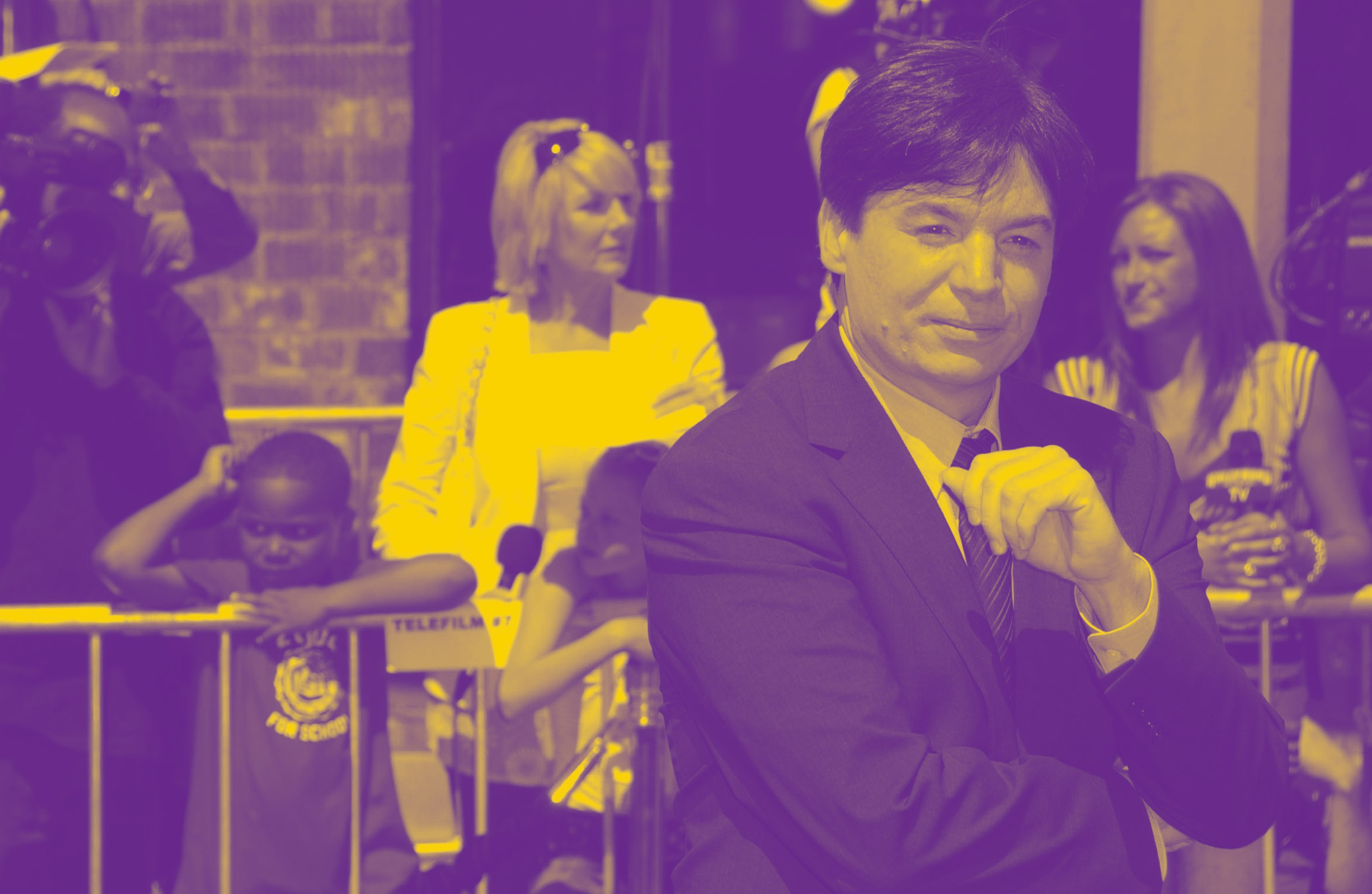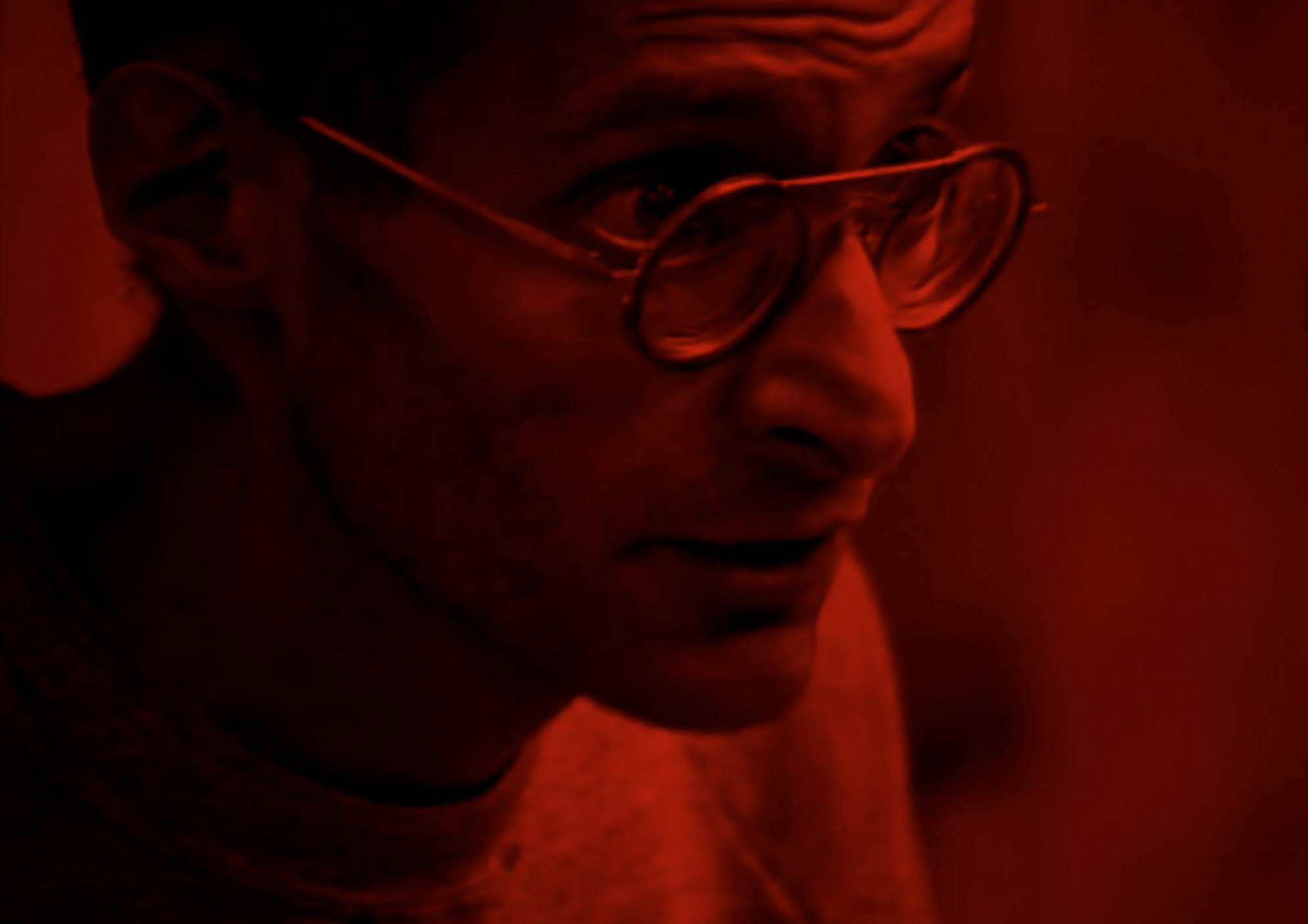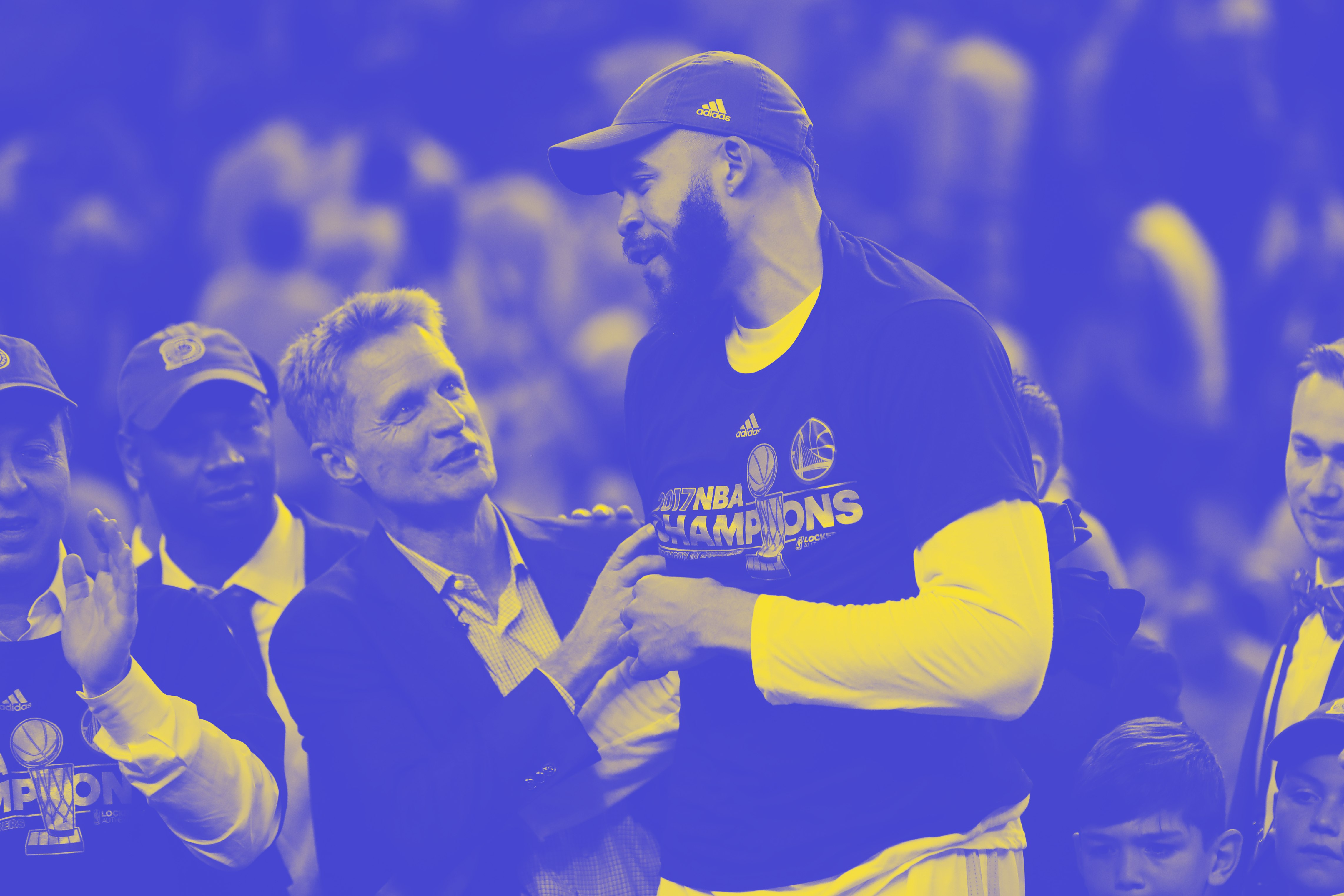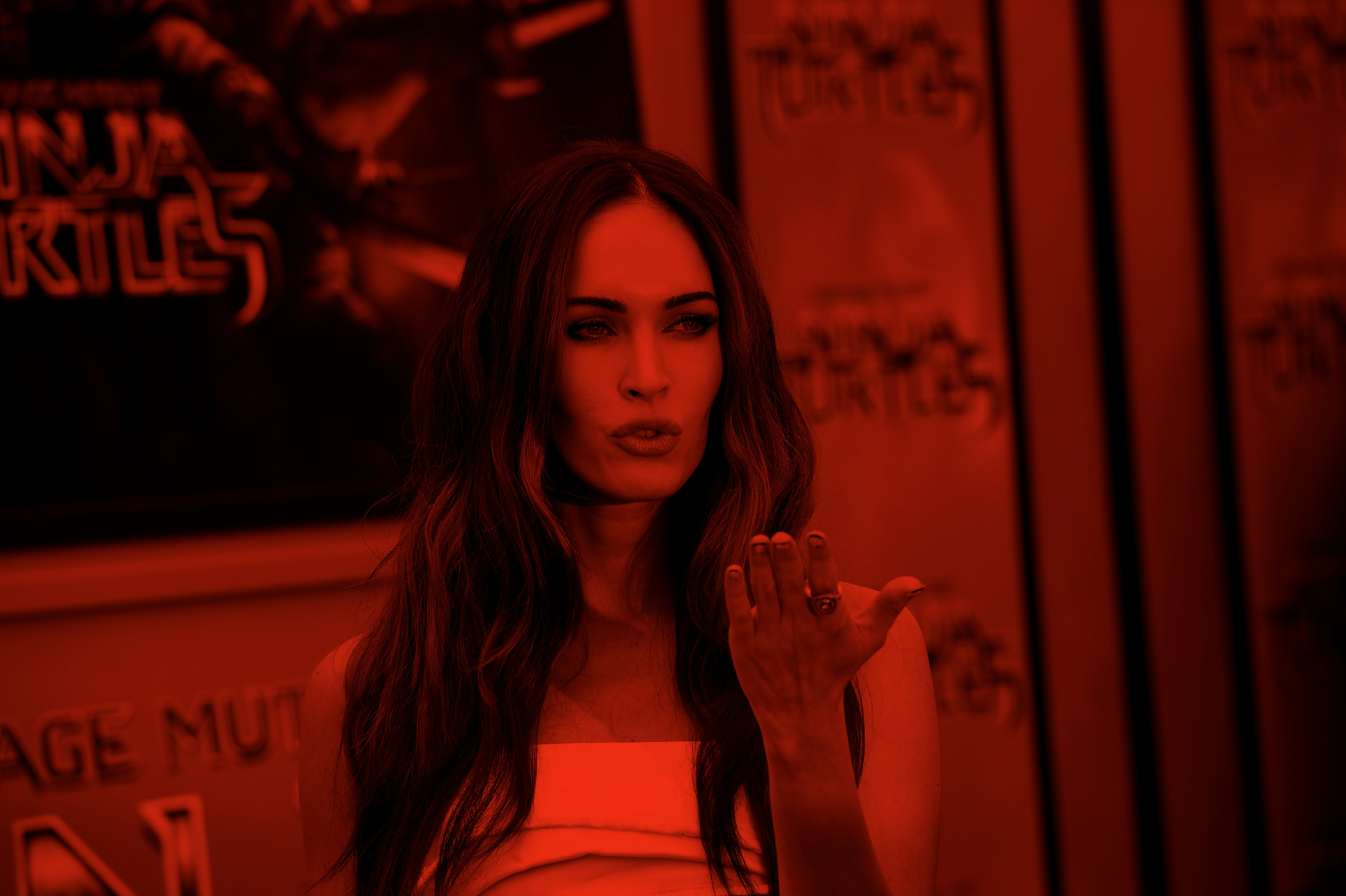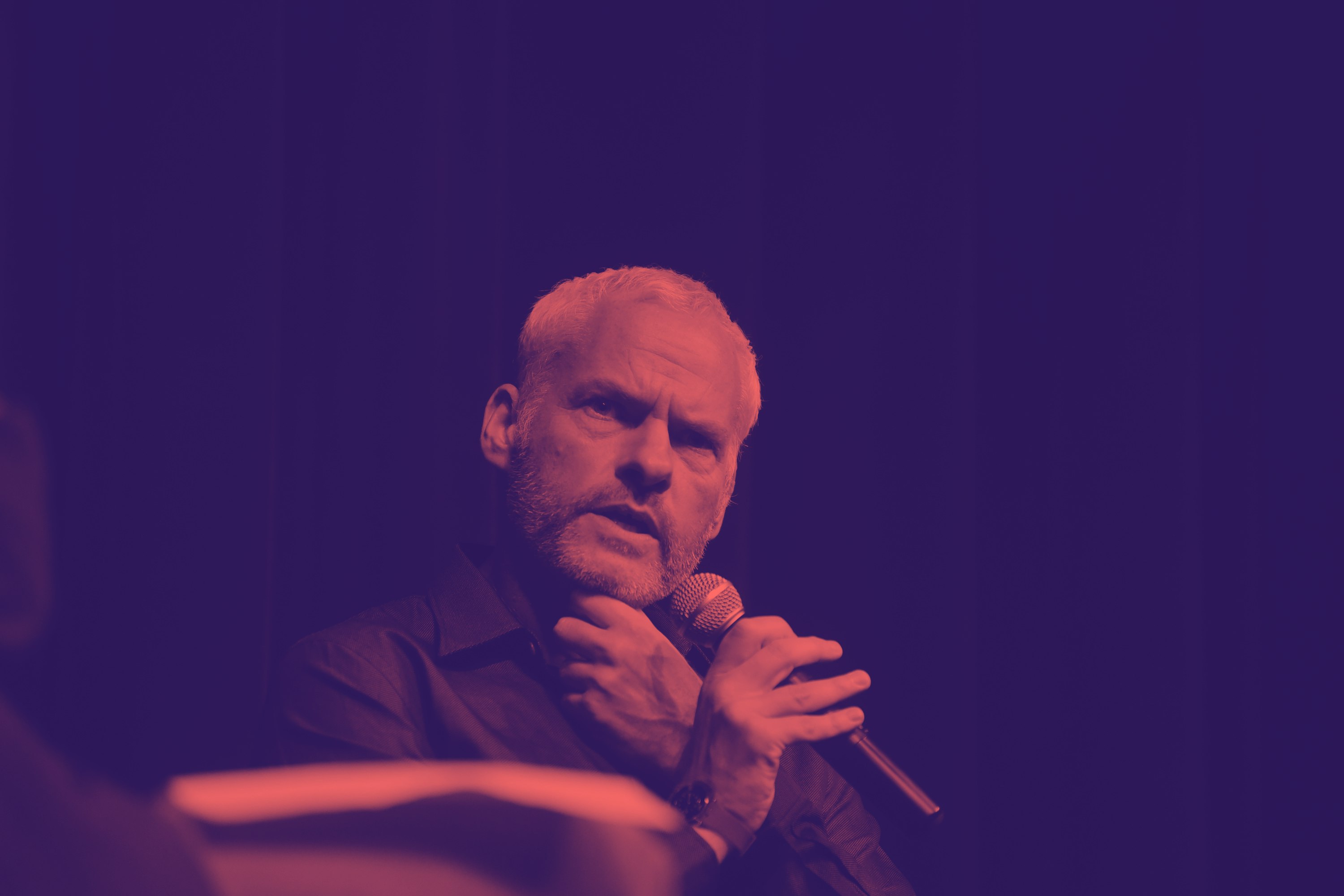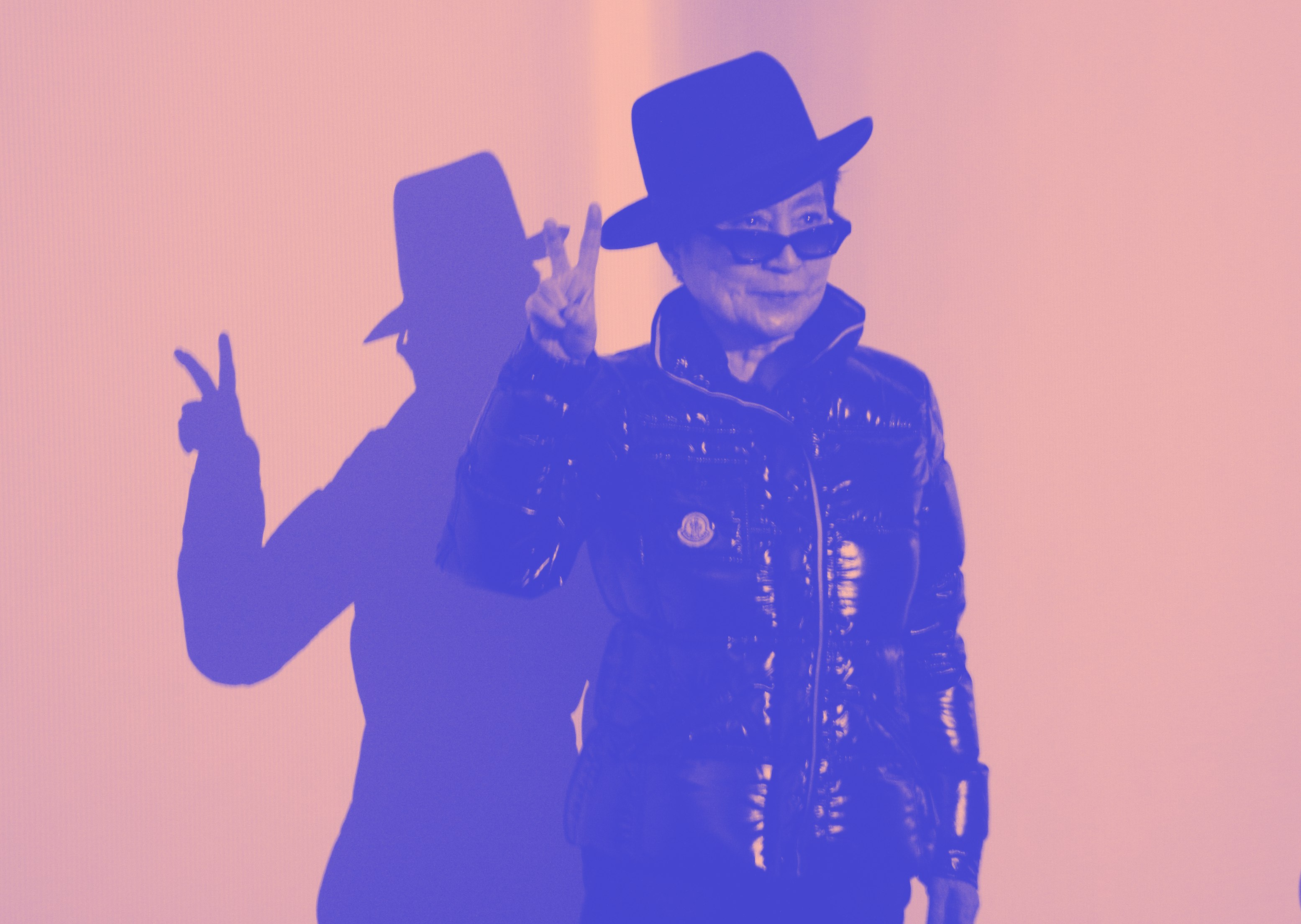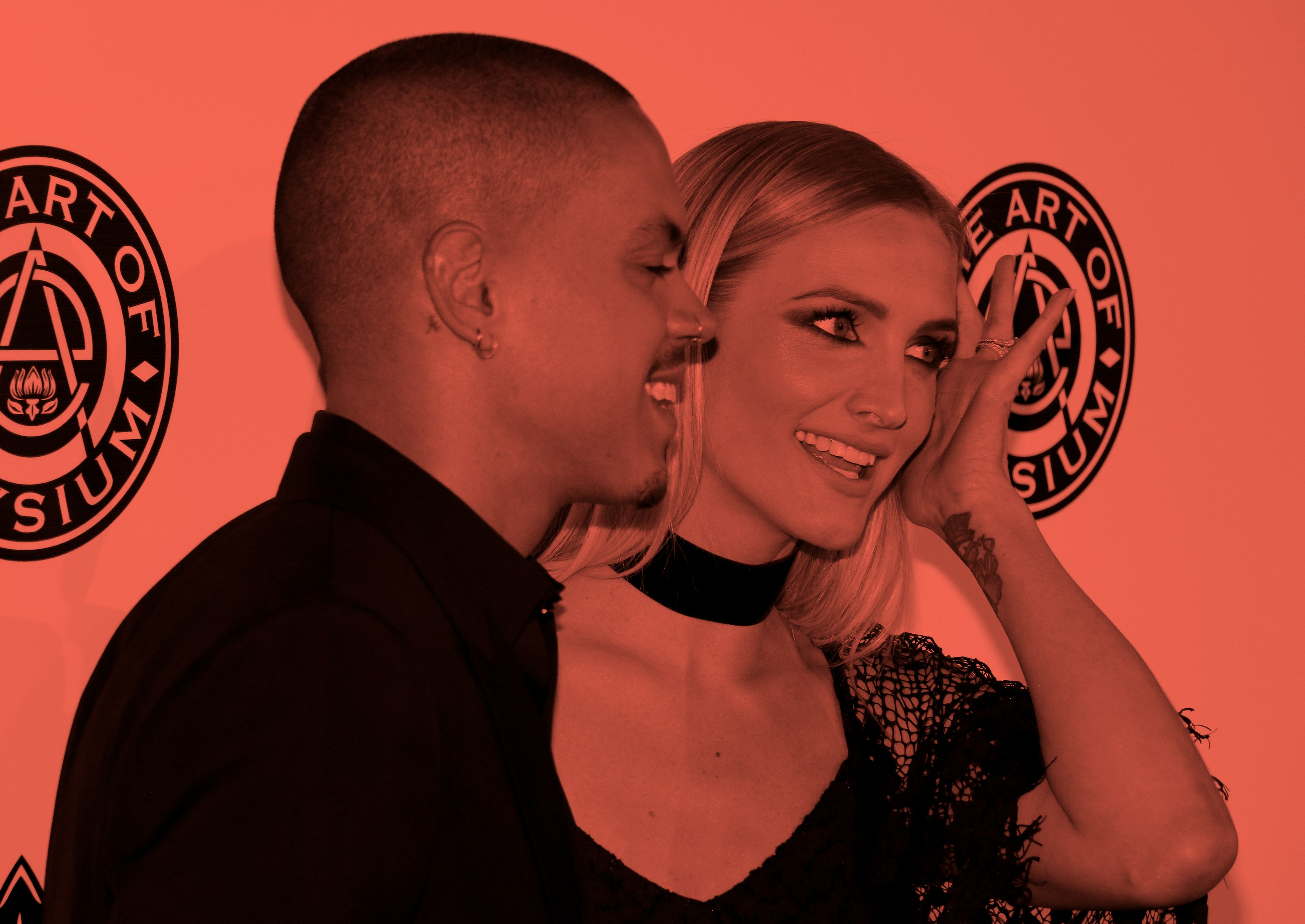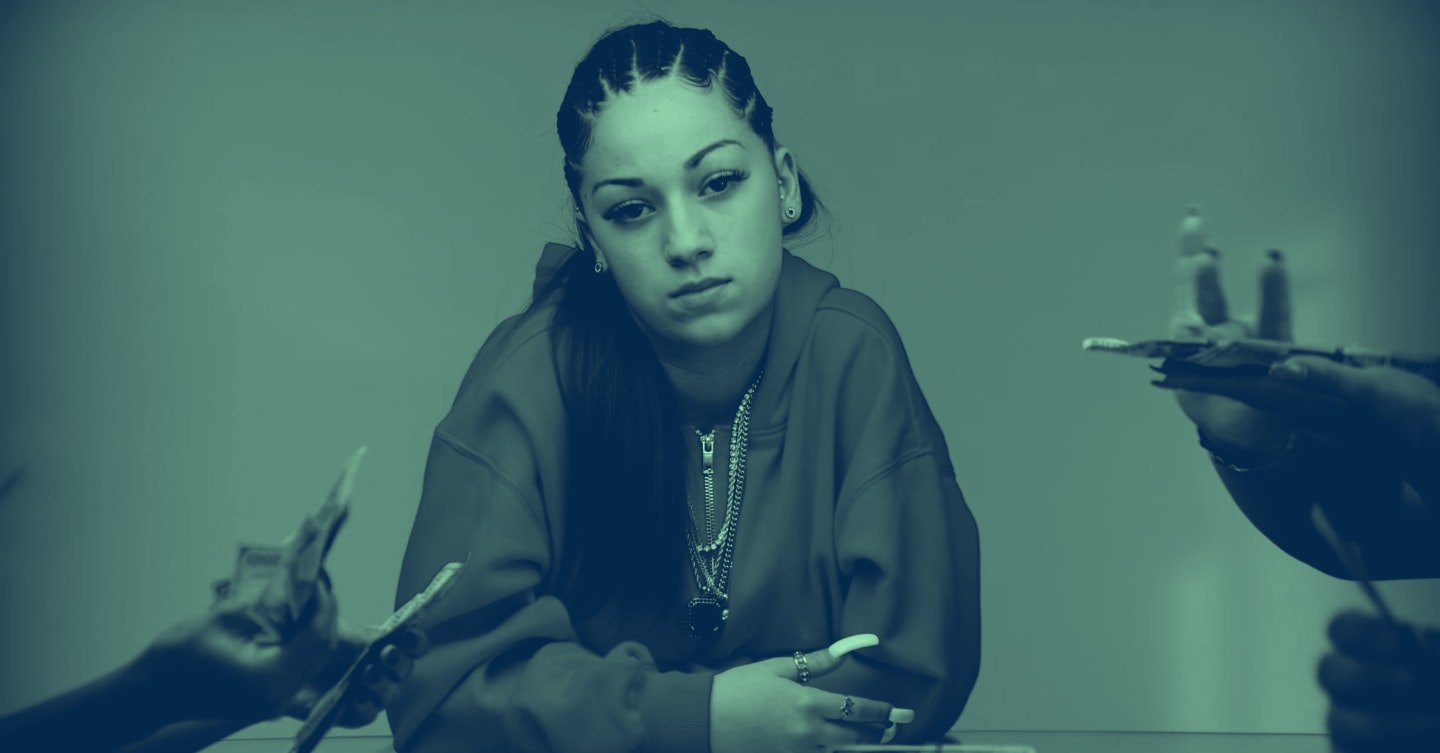Very Intriguing Person
is a series about people who fascinate us, for better or worse.
“Who’s a cheeky monkey?” bellows a man with a British accent standing on a stage ripped right out of the ‘70s — velvet curtain, Harlequin patterned floor, homey basement color scheme. “You are,” the audience dutifully responds, pointing their fingers. They’re clearly coached, because this man is a total stranger; pointing is what they’re supposed to do in the context of the show. And yet there is something uncanny about him: His mischievous eyes hidden behind fake puffy cheeks; the way he tilts his pelvis and hunches his shoulders just so as he walks. Tommy Maitland, the host of the newly revived game series The Gong Show, isn’t any sort of household name. Mike Myers is, though — and Tommy Maitland and Mike Myers are one and the same.
This has quietly been going on for about a year, but in an era where unbridled nostalgia is celebrated, Myers’ bizarro return to television was met with a shrug. The same reaction greeted his first on-screen film role since 2009: A supporting part in Margot Robbie’s neo-noir Terminal, which was released last week to nearly no reaction. Myers has long been a mercurial figure in American comedy, but now he’s seemed to have retreated entirely into his characters.
When ABC first announced that Tommy Maitland was going to be hosting The Gong Show, the network purposefully did not qualify that the purportedly famous-in-England Maitland was, in fact, a character played by Myers. Hollywood trade publications were keen to the trick, but all the official press materials kept up the charade. In a statement, Will Arnett, who executive produces the show, explained the casting by saying: “I’ve been a huge fan of Tommy since I first saw his stand-up in the U.K. while traveling as a teenager. He was so funny and original. I had the good fortune to cross paths with Tommy a few years ago and ever since we’ve talked about working together.”
I remember excitedly writing up a blog post on the announcement, and the revelation that Maitland was actually Myers. It wasn’t that I was eagerly awaiting whatever Myers was going to to do next. I was a casual fan, as worn out by “oh behave” as the next person, but also someone with a soft spot for his Saturday Night Live creations. But the news seemed possibly energizing, and nearly dangerous for a major broadcaster. Here was the potential for a piece of performance art funneled through a dopey game show, allowing one of the most successful comedians in history to recapture some long lost goodwill. (Lest you forget, his previous mainstream role was the miserable The Love Guru, way back in 2008.)
But instead, the strangest thing about the first season of The Gong Show is just how... normal Myers seems as Maitland. The show operates on a simple premise in which quirky, vaudevillian acts, gleaned from an open casting call, compete for a monetary prize. (Examples include a bunny-suited stand-up comic named Snax, a guy who solved a Rubix cube blindfolded on a unicycle, and a dude who played three recorders at once by sticking two up his nose and called himself the One Man Booger Band.) They’re judged by a panel of celebrities who have the option to ring a gong if the performance is truly disastrous, thus clearing the stage.
There is something masterful about Maitland, but he’s also not a masterpiece: He’s a sleight of hand trick, a chance for Myers to feed his desire to disappear into another body and another era.
The Gong Show thrives on silliness, and Maitland fits within that nicely. But as Maitland, Myers doesn’t hog the spotlight. He’s really just there to usher along the proceedings, introducing the contestants and asking the judges their opinions. Even when the panel is critical, he remains supportive. He sometimes boogies to the music; he occasionally interjects with a British-ism like “I’m gasping for a cup of tea and a jammie dodger.” He can veer into a bit of Austin Powers’ “do I make you horny, baby?” lewdness, peppering his dialogue with innuendo. Sometimes he gets explicit, like after one act in which a lady strips while performing opera as another woman feeds her cake. “I might have an erection right now,” he says. He flirts shamelessly with female judges like Jennifer Aniston. It’s creepy, sure, but Maitland lends Myers a cover while simultaneously making his come-ons all the more unsettling.
Perhaps realizing that having an unrecognizable famous person in prosthetics host a show wasn’t the best way to draw in viewers, ABC has fessed up to the fact that Myers is Maitland in advance of season two. Speaking with Jimmy Kimmel recently, Myers explained that after he was approached for the job he decided that, since, The Gong Show replicates an “English idiom,” he should do it as an English person. He claimed that it wasn’t his idea to go completely incognito. “I was happy for them to use the name Mike Myers, I just wanted to do something for shizzies and gizzies,” he said, slipping into Maitland’s lilt.
The arc of actors’ careers are long and sometimes confusing. One day you’re Robert De Niro, star of Taxi Driver; the next, you’re Robert De Niro, star of Dirty Grandpa. Mike Myers always seemed like a guy who had at least one more great performance in him — someone who, once he took a step away from the world of multi-million dollar franchises, could flourish. Profiles and interviews paint him as a toy soldier-obsessed weirdo with a prickly side, a well of sadness, a love of history, and an insatiable creative bent. I figured maybe Maitland would combine all of that into some perfect evolution of Myers, a sophisticated, more intentionally eerie incarnation of his unimpeachably great character work.
There is something masterful about Maitland, but he’s also not a masterpiece: He’s a sleight of hand trick, a chance for Myers to feed his desire to disappear into another body and another era. Myers’ trademark characters have often been stuck in states of arrested development, resulting in naiveté meant to be charming, not gross. Wayne films his show in his parents’ basement as he lusts after babes, but he’s an innocent; Austin’s excuse is that he missed 30 years of social progress after being cryogenically frozen.
And Myers never succeeded in growing up the way that many successful comedians often do. (He appeared in more serious fare like Studio 54 drama 54 in 1998 and directed the 2014 documentary Supermensch: The Legend of Shep Gordon, but those failed to make much of an impression.) He never had a Punch Drunk Love, a Eternal Sunshine of the Spotless Mind, or even a Dreamgirls. While the resumes of grown comedians like Adam Sandler and Jim Carrey certainly have their fair share of garbage, their more adult efforts buoy their reputations. We pay attention because of what they might do, based on what they’ve done at their best. Myers, meanwhile, is still playing dress up in a lesser mode, in it for the shizzies and gizzies even if nobody else gives a shizz.
